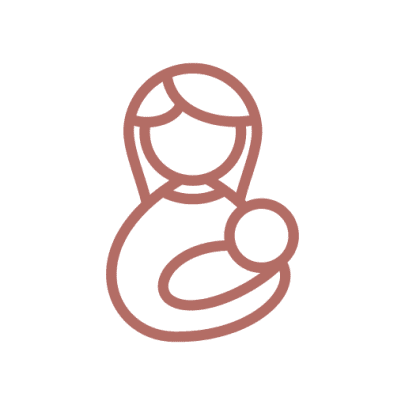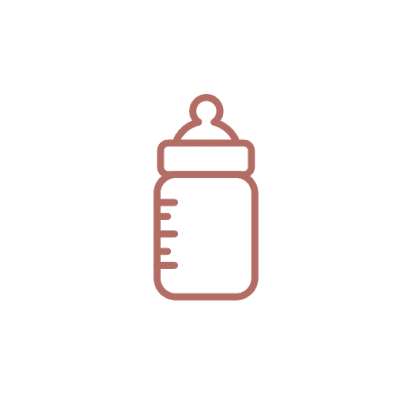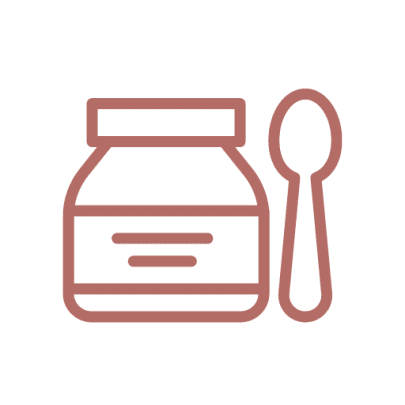6 Essential Nutrients For a Healthy Pregnancy.
Water
Fluid retention is common in the third trimester. Good hydration is particularly important, so remember to drink lots of water. Fluid retention is common in the third trimester and if you are not drinking enough, you will retain more. Good hydration is particularly important, so remember to drink lots of water.
Iron
Iron requirements double during pregnancy; eat an iron rich diet along with Vitamin C rich fruits and vegetables. Red meat contains much more iron than chicken or fish, so be sure to include red meat as part of a healthy diet if you can.
Calcium
Calcium is a vital component of your baby’s bones and teeth, which start to develop in as early as the sixth week. If your diet is deficient in calcium your body will draw it from your bones to meet your growing baby’s needs. Supplementation may be necessary if you do not eat dairy. Milk products are not the only sources of dietary calcium. Some fruits and vegetables that are high in calcium include bok choy, broccoli, and oranges. Other calcium rich foods that are low in saturated fat include calcium-enriched tofu and cooked dried beans. Foods that are fortified with added calcium, such as soymilk, juices, cereals, and pasta, are also excellent sources of calcium.
Protein
Protein is required in larger amounts than usual, not only to replenish your own stores but to provide the necessary building blocks for your baby to grow. Protein is not just needed for growth and repair of cells. Protein is also used to make hormones, antibodies, and enzymes. Protein also helps to transport other nutrients around the body. Supercharge your toast at breakfast with baked beans, eggs or cheese. Protein is essential to keep your body firm and tight.
Essential Fats
Fats are important for the development of your baby and also for your own hormonal health throughout your pregnancy. The Omega 3 fats found in oily fish such as salmon and tuna help promote healthy fetal development. A recent study in Australia found that Omega 3 supplementation during pregnancy might improve the child’s hand and eye coordination. Omega 3 fats are required by every cell in the body and are essential for a number of key health functions.
Dietary Fibre
Indigestion and constipation are common throughout pregnancy. Dietary fibre can help minimise symptoms and encourage digestion. Good sources of fibre are vegetables, fruit, beans, lentils, whole grains, nuts and seeds.
This is a guest author contribution from
Jacquie Dale
Real Nutrition









